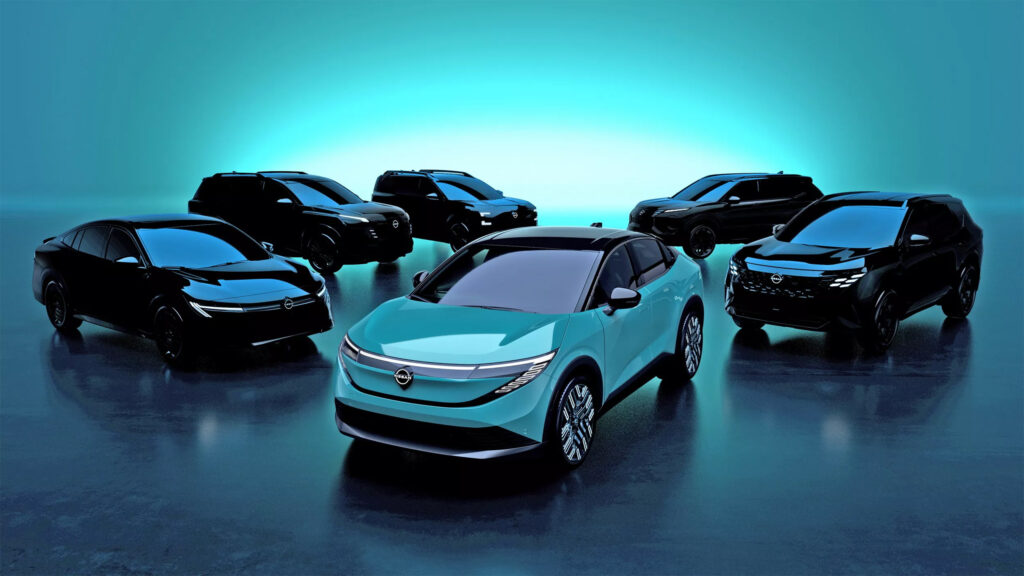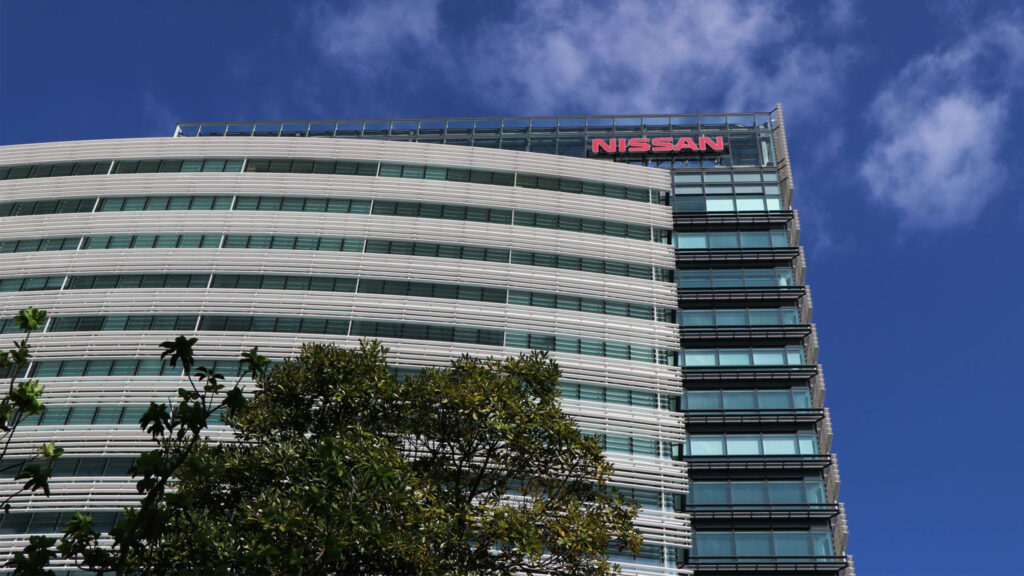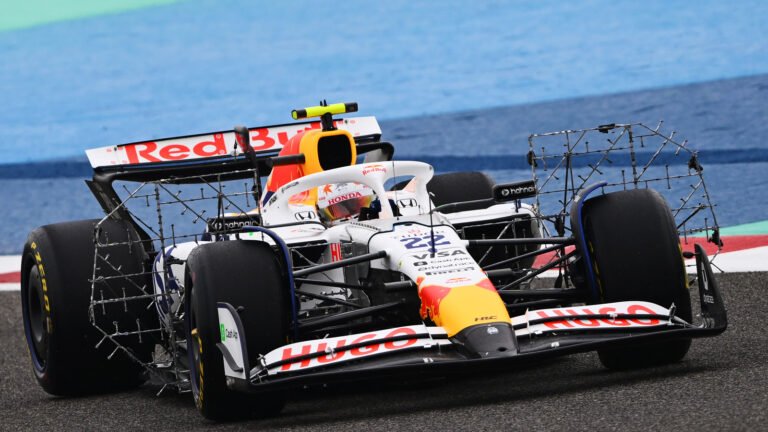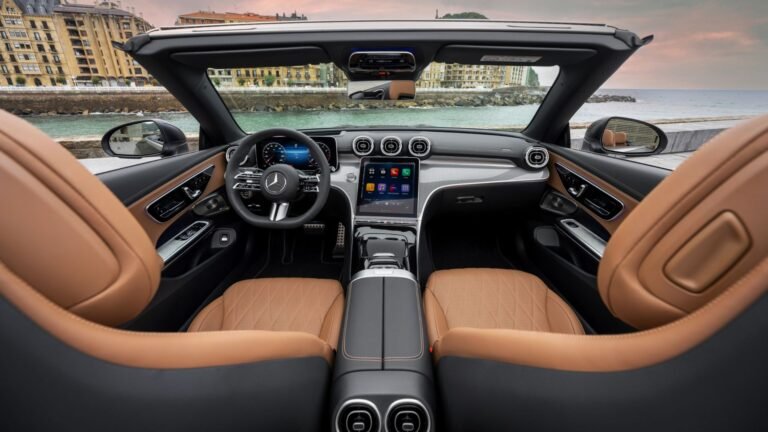
- The automaker’s Yokohama HQ could be worth over 100 billion yen or $698 million.
- Nissan plans to shut down seven of the 17 factories it operates around the world.
- Japanese and US ministers are meeting to discuss a resolution to the tariffs.
It’s no secret that foreign car manufacturers are feeling the heat from the tariffs imposed by the US in early April under President Donald Trump. The Japanese are certainly not immune, though they’re still holding out hope for a resolution. Leading the pack in this tough situation is Nissan, which, already struggling with significant financial challenges, might be forced to sell its Yokohama headquarters just to stay afloat.
Read: This Nissan Retro Coupe Isn’t Real But It Absolutely Needs To Be
Nissan has reportedly placed its headquarters on a list of assets it plans to sell by March 2026, according to a Nikkei Asia report. The Yokohama site has been the company’s headquarters since its relocation from Tokyo in 2009, and it’s conveniently situated near the busy Yokohama Station. The property is estimated to be worth over 100 billion yen, which translates to around $698 million. The sale could help raise the necessary funds to close down seven of its 17 global factories.
The Reality of Selling a HQ
There’s no word on what Nissan would do after the sale. The most logical thing would be to sell its HQ and then sign a lease to keep on using it. This is what McLaren did when it sold its Woking headquarters in the UK for $237 million and then signed a 20-year lease to remain at the site.
Nissan is in a serious cash crunch at the moment, and tariffs are simply adding fuel to the fire. Per Auto News, Japan hopes it can negotiate a new deal to lessen the tariffs, following a similar deal between the US and the UK as well as the recent pause on reciprocal tariffs between the States and China. Ministers from the US and Japan have met this month to try and work out a resolution.

The Ongoing Tariff Debate
“We have confirmed our intention to continue to ask for tariff avoidance at the earliest possible date,” Japanese Automobile Manufacturers Association chairman Masanori Katayama said. “But since this is a matter of negotiation, many things can happen going forward. It remains uncertain how long the tariffs will last and how this issue will be resolved.”
The current tariffs have prompted the Japanese government to provide consultation services across the supply chain and financial consultation among affected businesses. However, Katayama acknowledged local car manufacturers have yet to decide how to best share the burden of the tariffs.
“We have not yet decided how we will handle the Trump tariffs,” he said. “We have not yet had a clear discussion as to what portion will be borne by the parts manufacturer, and what portion will be borne by automakers. We are both in the same boat.”



